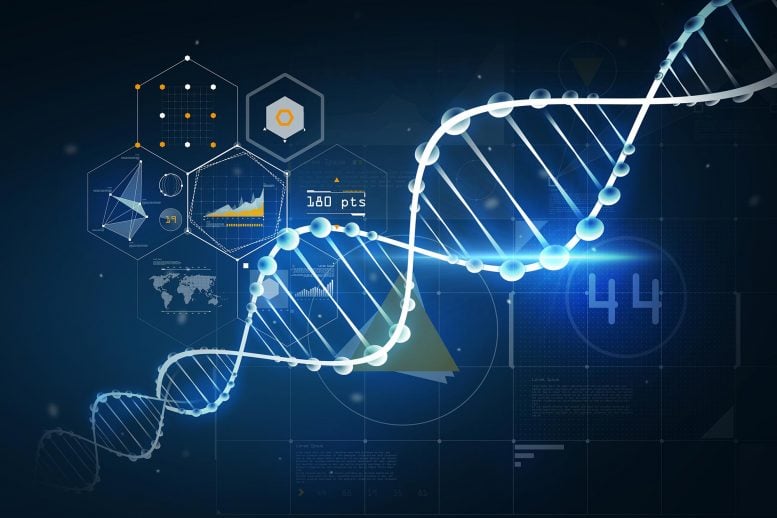
Autism spectrum disorder (ASD) is a complex neurodevelopmental disorder that affects how a person communicates and interacts with others, as well as how they perceive and respond to the world around them. Symptoms of ASD can range from mild to severe and can include difficulty with social interactions, difficulty with verbal and nonverbal communication, repetitive behaviors, and other unique challenges.
A study led by SickKids has sequenced the entire genomes of over 11,000 individuals, providing new insights into the genetic factors associated with autism spectrum disorder.
The Hospital for Sick Children (SickKids) researchers have revealed new genes and genetic changes related to autism spectrum disorder (ASD) in the most comprehensive whole genome sequencing analysis of autism to date, improving our understanding of the genomic basis of ASD.
The research, published in Cell, utilized whole genome sequencing to analyze the entire genomes of over 7,000 individuals with autism and an additional 13,000 siblings and family members. The study found 134 genes connected to ASD and identified a range of genetic changes, particularly gene copy number variations, that are likely to be linked to autism, including ASD-associated rare variants present in about 14% of participants with autism.
The majority of data was drawn from the Autism Speaks MSSNG database, the world’s largest autism whole genome dataset, which provides autism researchers with free, open access to thousands of sequenced genomes.
“By sequencing the entire genome of all participants, and with deep involvement from the participating families in MSSNG on forming our research priorities, we maximize the potential for discovery and allow analysis that encompasses all types of variants, from the smallest DNA changes to those that affect entire chromosomes,” says Dr. Stephen Scherer, Senior Scientist, Genetics & Genome Biology and Chief of Research at SickKids and Director of the McLaughlin Centre at the University of Toronto.
Dr. Brett Trost, lead author of the paper and a Research Associate in the Genetics & Genome Biology program at SickKids, notes the use of WGS allowed researchers to uncover variant types that would not have otherwise been detectable. These variant types include complex rearrangements of DNA, as well as tandem repeat expansions, a finding supported by recent SickKids research on the link between autism and DNA segments that are repeated many times. The role of the maternally inherited mitochondrial DNA was also examined in the study and found to account for two percent of autism.
The paper also points to important nuances in autism genetics in families with only one individual with autism compared with families that have multiple individuals with autism, known as multiplex families. Surprising to the team was that the “polygenic score” – an estimation of the likelihood of an individual having autism, calculated by aggregating the effects of thousands of common variants throughout the genome – was not higher among multiplex families.
“This suggests that autism in multiplex families may be more likely to be linked to rare, highly impactful variants inherited from a parent. Because both the genetics and clinical traits associated with autism are so complex and varied, large data sets like the ones we used are critical to providing researchers with a clearer understanding of the genetic architecture of autism,” says Trost.
The research team says the study data can help expand inquiries into the range of variants that might be linked to ASD, as well as efforts to better understand contributors to the 85 percent of autistic individuals for which the genetic cause remains unresolved. In a linked study of 325 families with ASD from Newfoundland published in Nature Communications, Dr. Scherer’s team found that combinations of spontaneous, rare-inherited, and polygenic genetic factors coming together in the same individual can potentially lead to different sub-types of autism.
Dr. Suzanne Lewis, a geneticist and investigator at the BC Children’s Hospital Research Institute who diagnosed many of the families enrolled in the study said, “Collectively, these latest findings represent a massive step forward in better understanding the complex genetic and biological circuitry linked with ASD. This rich data set also offers an opportunity to dive deeper into examining other factors that may determine an individual’s chance of developing this complex condition to help individualize future treatment approaches.”
References: “Genomic architecture of autism from comprehensive whole-genome sequence annotation” by Brett Trost, Bhooma Thiruvahindrapuram, Ada J.S. Chan, Worrawat Engchuan, Edward J. Higginbotham, Jennifer L. Howe, Livia O. Loureiro, Miriam S. Reuter, Delnaz Roshandel, Joe Whitney, Mehdi Zarrei, Matthew Bookman, Cherith Somerville, Rulan Shaath, Mona Abdi, Elbay Aliyev, Rohan V. Patel, Thomas Nalpathamkalam, Giovanna Pellecchia, Omar Hamdan, Gaganjot Kaur, Zhuozhi Wang, Jeffrey R. MacDonald, John Wei, Wilson W.L. Sung, Sylvia Lamoureux, Ny Hoang, Thanuja Selvanayagam, Nicole Deflaux, Melissa Geng, Siavash Ghaffari, John Bates, Edwin J. Young, Qiliang Ding, Carole Shum, Lia D’Abate, Clarrisa A. Bradley, Annabel Rutherford, Vernie Aguda, Beverly Apresto, Nan Chen, Sachin Desai, Xiaoyan Du, Matthew L.Y. Fong, Sanjeev Pullenayegum, Kozue Samler, Ting Wang, Karen Ho, Tara Paton, Sergio L. Pereira, Jo-Anne Herbrick, Richard F. Wintle, Jonathan Fuerth, Juti Noppornpitak, Heather Ward, Patrick Magee, Ayman Al Baz, Usanthan Kajendirarajah, Sharvari Kapadia, Jim Vlasblom, Monica Valluri, Joseph Green, Vicki Seifer, Morgan Quirbach, Olivia Rennie, Elizabeth Kelley, Nina Masjedi, Catherine Lord, Michael J. Szego, Ma’n H. Zawati, Michael Lang, Lisa J. Strug, Christian R. Marshall, Gregory Costain, Kristina Calli, Alana Iaboni, Afiqah Yusuf, Patricia Ambrozewicz, Louise Gallagher, David G. Amaral, Jessica Brian, Mayada Elsabbagh, Stelios Georgiades, Daniel S. Messinger, Sally Ozonoff, Jonathan Sebat, Calvin Sjaarda, Isabel M. Smith, Peter Szatmari, Lonnie Zwaigenbaum, Azadeh Kushki, Thomas W. Frazier, Jacob A.S. Vorstman, Khalid A. Fakhro, Bridget A. Fernandez, M.E. Suzanne Lewis, Rosanna Weksberg, Marc Fiume, Ryan K.C. Yuen, Evdokia Anagnostou, Neal Sondheimer, David Glazer, Dean M. Hartley and Stephen W. Scherer, 10 November 2022, Cell.
DOI: 10.1016/j.cell.2022.10.009
“Genome-wide rare variant score associates with morphological subtypes of autism spectrum disorder” by Ada J. S. Chan, Worrawat Engchuan, Miriam S. Reuter, Zhuozhi Wang, Bhooma Thiruvahindrapuram, Brett Trost, Thomas Nalpathamkalam, Carol Negrijn, Sylvia Lamoureux, Giovanna Pellecchia, Rohan V. Patel, Wilson W. L. Sung, Jeffrey R. MacDonald, Jennifer L. Howe, Jacob Vorstman, Neal Sondheimer, Nicole Takahashi, Judith H. Miles, Evdokia Anagnostou, Kristiina Tammimies, Mehdi Zarrei, Daniele Merico, Dimitri J. Stavropoulos, Ryan K. C. Yuen, Bridget A. Fernandez and Stephen W. Scherer, 29 October 2022, Nature Communications.
DOI: 10.1038/s41467-022-34112-z
Funding was provided by the University of Toronto McLaughlin Centre, Genome Canada/Ontario Genomics, Genome BC, Government of Ontario, Canadian Institutes of Health Research, Canada Foundation for Innovation, Autism Speaks, Autism Speaks Canada, Brain Child, Kids Brain Health Network, Qatar National Research Fund, Ontario Brain Institute, SFARI, and SickKids Foundation.

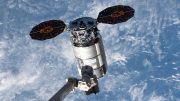
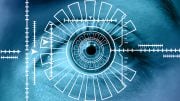
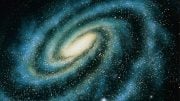
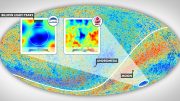
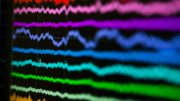
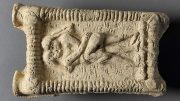
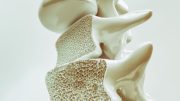
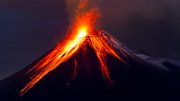
Be the first to comment on "World’s Largest Autism Study Uncovers 134 New Genes Linked to the Condition"